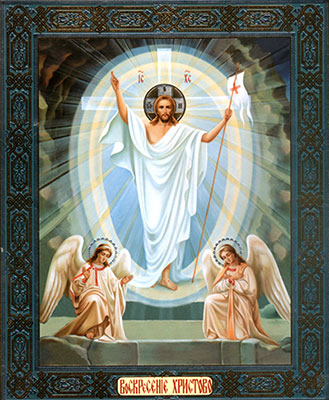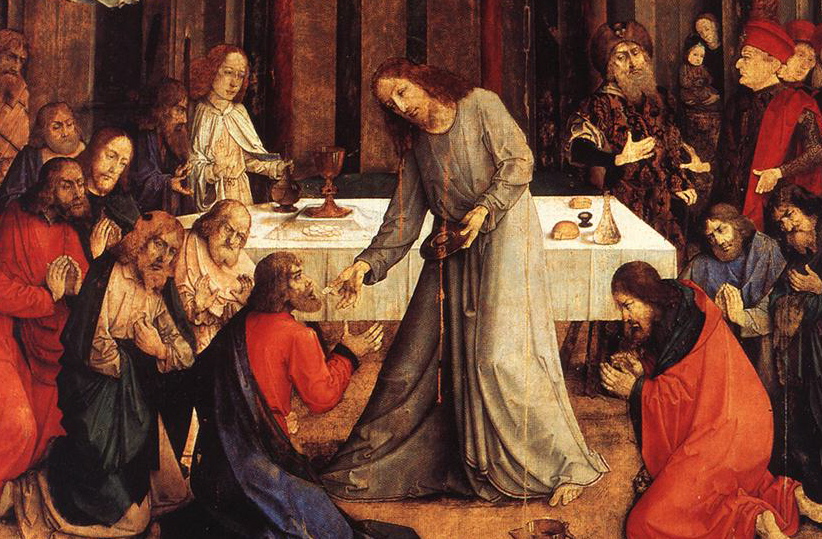Some of it is just plain common sense. Places to park, clean restrooms, signage, etc... While some may turn up their noses to this we have all been in places where there was no parking, where the restrooms were terrible, and where we struggled to know where the front door was. We seldom go back to businesses who manifest such problems and it stands to reason that churches are judged by these things as well.
Some of it is stuff we know is true but don't want to hear. Excellence in music and preaching and liturgy, for example. We don't want to hear it because it costs us something in money, preparation, and evaluation and we would rather not spend our resources there. I have heard it until we all assume it is real -- we have a real shortage of good organists, preachers have other things to do and sometimes the inspiration does not come late on Saturday night, and as long as got through it, that is enough. We have a shortage of organists because we do not pay well (workers are worthy of their wages -- I read that somewhere!). We do not prepare because we really do not think it is all that important (so if I screw up reading a collect or forget where I am in the service or whatever, it is no big deal). We do not evaluate because we really don't want to know how bad it was. Meanwhile the faithful keep on coming but the rest start shopping for something better.
Some of it, however, is just plain foolishness. The Gospel is offensive. There is no way around that. Preach the Word faithfully and it will offend those who refuse the Spirit and repentance. The liturgy requires us to take our minds off ourselves and focus upon the Lord and His gifts. No work is more difficult than turning away from what I want, feel, like, desire, or think in the moment. The Spirit has His work cut out for us every Sunday! We have to face up to the fact that we can be as welcoming as possible and still folks will be turned away. The Gospel is a scandal to the modern mind, to the pride of self-righteousness, and to the spiritualized self-help agenda that many want from religion.
Nowhere is this put more into focus than an article in The Lutheran on how to be welcoming. Along with the usual advice, one reads:
“If you want to welcome the community, then welcome it. On our church exterior sign we acknowledge other religious holidays. That kind of action says who we are to the world. We put up Ramadan messages, Jewish New Year’s greetings and Diwali signs for our Hindu friends. It says we’re an open and welcoming church. We send blessings to our neighbors. That’s a part of getting people in the door before they come in the door.”I will tell you what that says. It says community center (not church). It says we stand for everything so we stand for nothing. It says we will pander to everyone. We don't welcome people by bowing before their ethnic, cultural, or religious identities. We welcome people with the all inclusive Gospel that is exclusive to Jesus Christ and Him crucified. Like those who claim that their churches are all about the questions and not prepared answers or those who claim that their church is about open minds willing to consider alternative truths, this kind of thing is a poor excuse for witness and betrays the very thing we are to boldly proclaim whether or not it is popular or winsome. God works through the Word faithfully proclaimed. Faith comes by hearing but hearing of Jesus Christ and Him crucified.
There there is this silliness:
"Our Saviour also avoids fellowship or coffee hours, which, “to quote Dickens, ‘are the best of times, the worst of times,’” Fritch said. “One thing I’ve found is that a coffee hour for an introvert is bad. An introvert doesn’t want attention drawn to him. And never ever make people stand at the end of service and say who they are or why they came — or wear a name tag. It’s horrible for a newcomer. They’ll never come back; we have not welcomed them.”In other words, if our people might ignore the new folks, if the new folks might find it uncomfortable, if the the new folks don't like coffee, if the new folks don't like our brand of coffee, we will skip it all in order to avoid offense. But the offense is already made. Once you identified the new person, you have already singled that person out and now you are merely strategizing on best to keep them coming back absent any real connection to the whole. Meanwhile the folks who want to talk, who yearn to reconnect on Sunday morning, are made to pay the price for the offense the introvert might have taken from a cup of lukewarm coffee and an extended hand.
Such goofiness takes up too much of our time and keeps us from the real attention -- faithful worship that seeks excellence in all we do, faithful preaching that preaches Law and Gospel in well prepared sermons and robust preaching, and honest Christian service to those whom the Lord has placed into our care (family, neighbor, community, etc.). When our focus is on these and we practice some common sense and spend a few resources to cover the other things, we will not have to worry about such trivialities parading as helps to churches.











